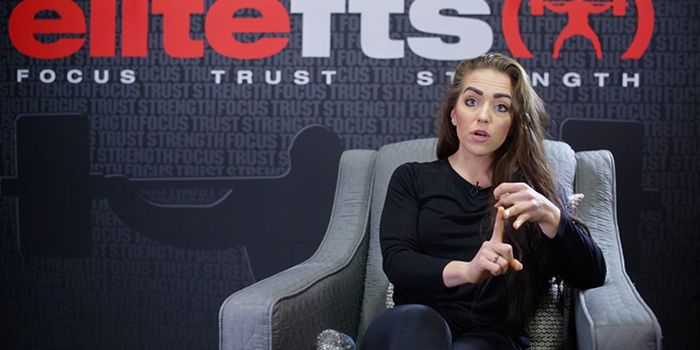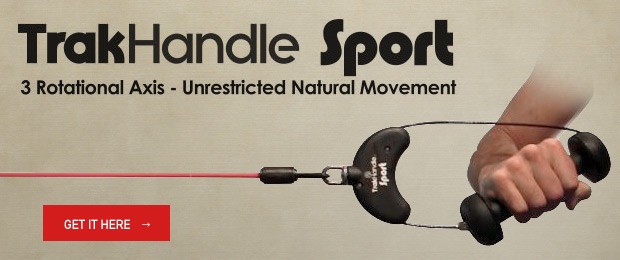
Competition can be glamorous: the grueling training, the superhuman focus on a goal, the glory of victory. Whether you're a high school softball player or a professional strength athlete, you're drawn to competition because it provides something for you that you can't find anywhere else. It's the reason you love what you do and it's the reason you're willing to undergo hours and hours of hard work to achieve your goals. But there's also side of competition that isn't quite so glamorous. In this video, Victoria Felkar discusses the not-so-pretty aspects of competition.
Every part of daily life takes a toll on the human body. For individuals who set out to accomplish an amazing feat, Felkar says that an increasingly greater toll is placed on the human body, and sometimes when this toll gets out of hand, it can cause issues with the body's integration. One thing can go astray and start to cause many issues — often from something that seems as small as doing more cardio than the body is okay with, or eating fewer calories than your body can operate with. When you train to reach an ambitious goal, you force your body into a hyper-stressed state. And that stress has an impact on the body. This leads to a number of bodily problems, and if you think you can push your body to the extremes of its capabilities and not suffer consequences, you're wrong. If you expect to simply get healthier from competing, you're wrong.
To respond to these challenges, Felkar says to focus more on being proactive instead of reactive in the way you treat your body. The best way to do this is to maintain your body's foundation. Think of your body as a house that needs repair; if the house has cracked walls and holes in the floor, why would you spend the time and money to put granite countertops in the kitchen? You should approach your body the same way, even though many competitors don't. The right approach is to lay a foundation with healthy life habits and an extended period of time of training without competing. If you don't have a foundation, no enhancements will work for you. Some people simply need to wait to compete. If you can't squat, don't sign up for a powerlifting meet. If you don't have muscle, don't enter a bodybuilding show. You can't manipulate or enhance something that isn't there. Build your foundation first and then always keep that foundation there or you will suffer in the long-term.
Victoria Felkar, MA, BKIN, is a researcher, practitioner, and educator. She is a respected leader in the industry for her innovative and integrative approaches to health and performance. As an interdisciplinary researcher and instructor, she works across the fields of kinesiology, medicine, critical studies and the humanities. Victoria is currently completing doctoral studies at the University of British Columbia, with a focus on female hormone manipulation within sport and medicine. She is also a consultant, author, and speaker within the world of strength and fitness, and lectures at events worldwide. For the past decade, she has worked with a wide range of individuals and organizations, including top-level athletes and competitors, special populations, health professionals and strength coaches. Her specialties include athlete-centered coaching methods, functional health, and performance enhancement education. No matter if it’s in academia or the industry, Victoria’s passion is building and sharing knowledge.









